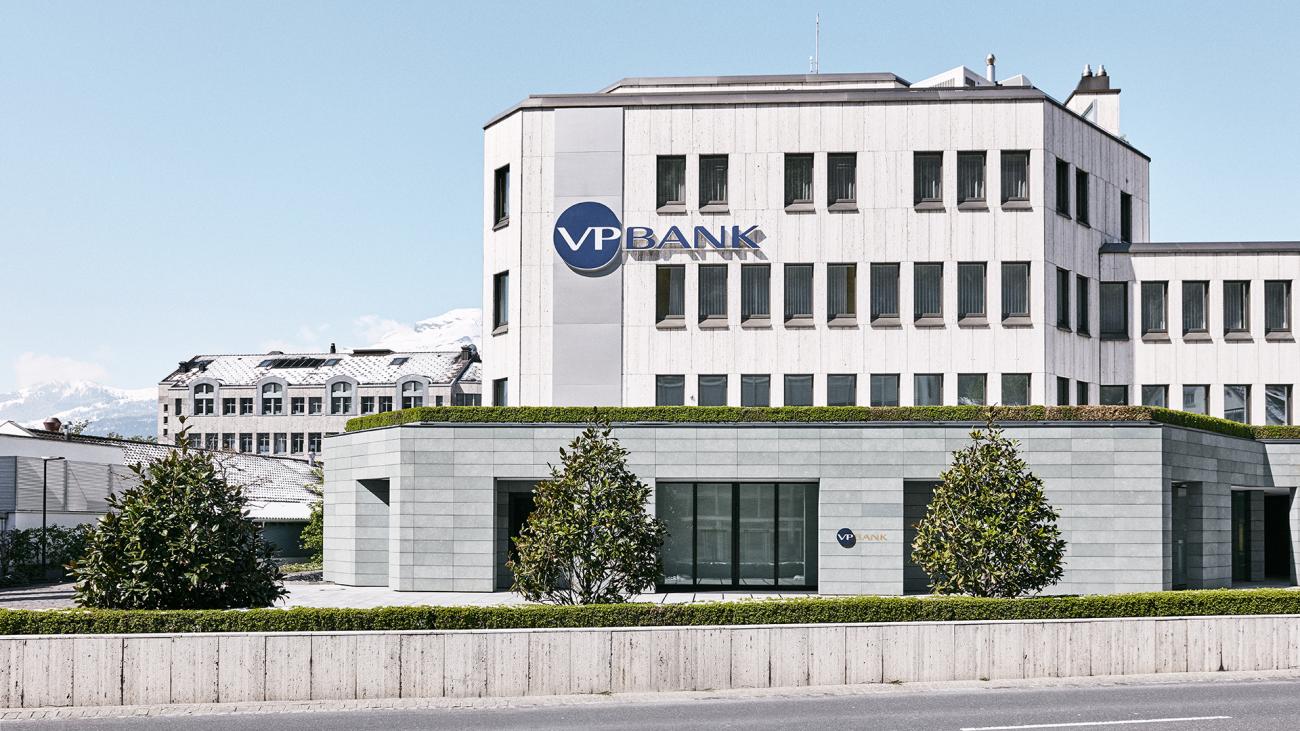"Tokenise Europe 2025": VP Bank supports funding initiative for tokenization
Tokenization is an innovative development that shapes the digital world and has great relevance and potential for the future of Europe. But while tokenization, for example, offers an attractive alternative to classic securitization solutions, there is still some catching-up to do in this area in Europe. That is why the European Commission and the German Banking Federation launched the "Tokenise Europe 2025" initiative.
Innovation and tradition go hand in hand
VP Bank is a pioneer in the field of tokenization and one of the 20 members of the forward-looking initiative. VP Bank is the only bank in Liechtenstein involved in the development of the Europe-wide project. The potential for tokenization is great – we are using it. Meanwhile, VP Bank not only tokenizes art, but also watches, diamonds and musical instruments. Our customers value VP Bank's approach to combining innovation and tradition - also in this area. VP Bank has access to a curated partner network and is a listed bank under the supervision of the FMA. This creates security and customer confidence.

VP Bank offers up-to-date services by tokenizing valuables. Read the interview with Patrick Bont, Chief Risk Officer, to find out how VP Bank came to be involved in the initiative and what challenges have to be overcome in the area of tokenization.
How did VP Bank participate in the Tokenise Europe 2025 initiative?
VP Bank was asked by the Liechtenstein government to participate in the "Tokenise Europe 2025" initiative. The reason for this is that we, with our activities in the field of tokenization, have attracted a positive attention far beyond Liechtenstein and we are one of the few financial institutions offering concrete services in this area. Some financial institutions already have experience in cryptocurrencies or in tokenized shares. However, the fact that physical objects such as art and watches can be tokenized is still an undiscovered area for these organizations. We are pioneers!
What role do you play in this partnership?
In the past, I have been involved in several projects and expert groups on the topic of tokenization and blockchain law. I am therefore familiar with the history and background of how the Token and VT Service Provider Act came about in Liechtenstein. In Liechtenstein, a large network of specialists in this field has developed and many countries use the Liechtenstein approach as a model for their own projects.
What challenges does Liechtenstein face in order to assert itself in this environment?
With the Token and VT Service Provider Act, Liechtenstein has enacted its own law on tokenization, so there is legal certainty in this area. Compared to other European countries, Liechtenstein thus has a large lead. However, the environment is developing very rapidly and in the next few years the EU will adopt new rules on tokenization. We will also have to take over these in Liechtenstein.
In addition, there is the question of the classification of tokens, i.e. when a token is considered a financial instrument and thus falls within financial market regulation. Depending on this, offering and storing tokens can become more complex and thus more expensive. It is important to remain innovative so that our customers continue to benefit from the tokenization.


